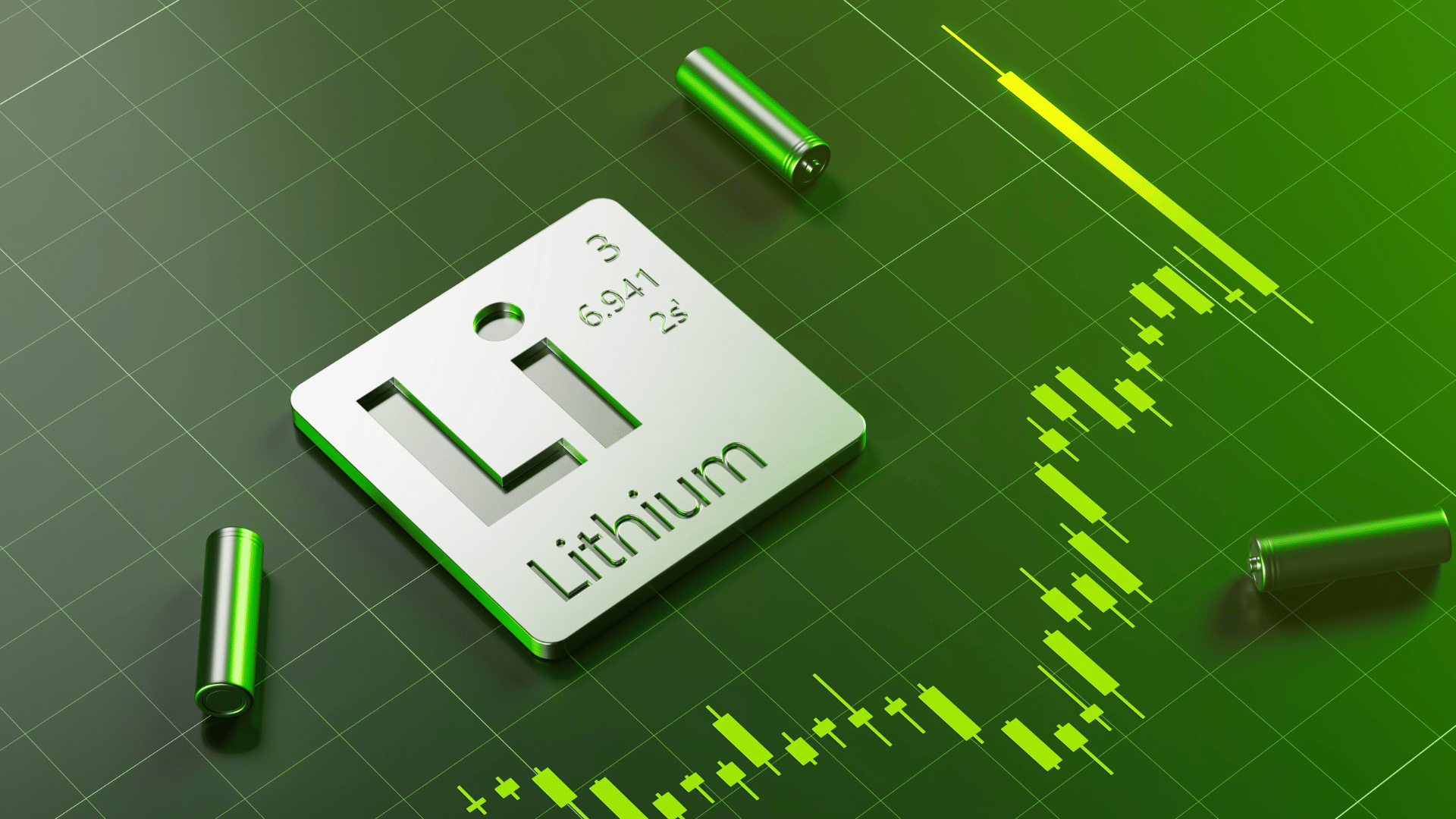Hyundai Motor Company has signaled a profound shift in its manufacturing strategy and a major commitment to the global energy transition with the groundbreaking of its new hydrogen fuel cell production plant in Ulsan, South Korea. This move involves a substantial investment of KRW 930 billion (approximately USD 649 million) and aims to establish the nation as a central hub for manufacturing and technology in a hydrogen economy.
The facility itself is symbolic. The 43,000-square-meter plant will rise on the site of a former internal combustion engine transmission plant.
“This plant embodies Hyundai Motor Group’s strategic commitment to advancing the hydrogen society transition,” said Vice Chair Jaehoon Chang. “It will serve as a critical foundation for securing national economic growth momentum and establishing Korea’s leadership in the global hydrogen industry.”
Establishing a Major Move in Hydrogen Power

The facility is scheduled to be completed by 202y. It will operate under Hyundai Motor Group’s hydrogen brand, HTWO. The plant is projected to mass-produce 30,000 fuel cell units annually. Additionally, it will integrate chemical processing and assembly operations to supply diverse mobility applications. This includes passenger vehicles, commercial trucks, buses, construction equipment, and marine vessels.
Under the HTWO initiative, the new facility will drive two core technological advancements.
First, it will produce next-generation hydrogen fuel cells. These fuel cells will target enhanced power output and durability compared to current models. Additionally, they will strive to achieve crucial price competitiveness.
Second, the plant will manufacture polymer electrolyte membrane (PEM) electrolyzers. Hyundai officials believe this marks a significant milestone, as it is the first large-scale production of these high-efficiency units in Korea. Integrating fuel cells and electrolyzers positions Hyundai as a comprehensive solutions provider across the entire hydrogen value chain.







